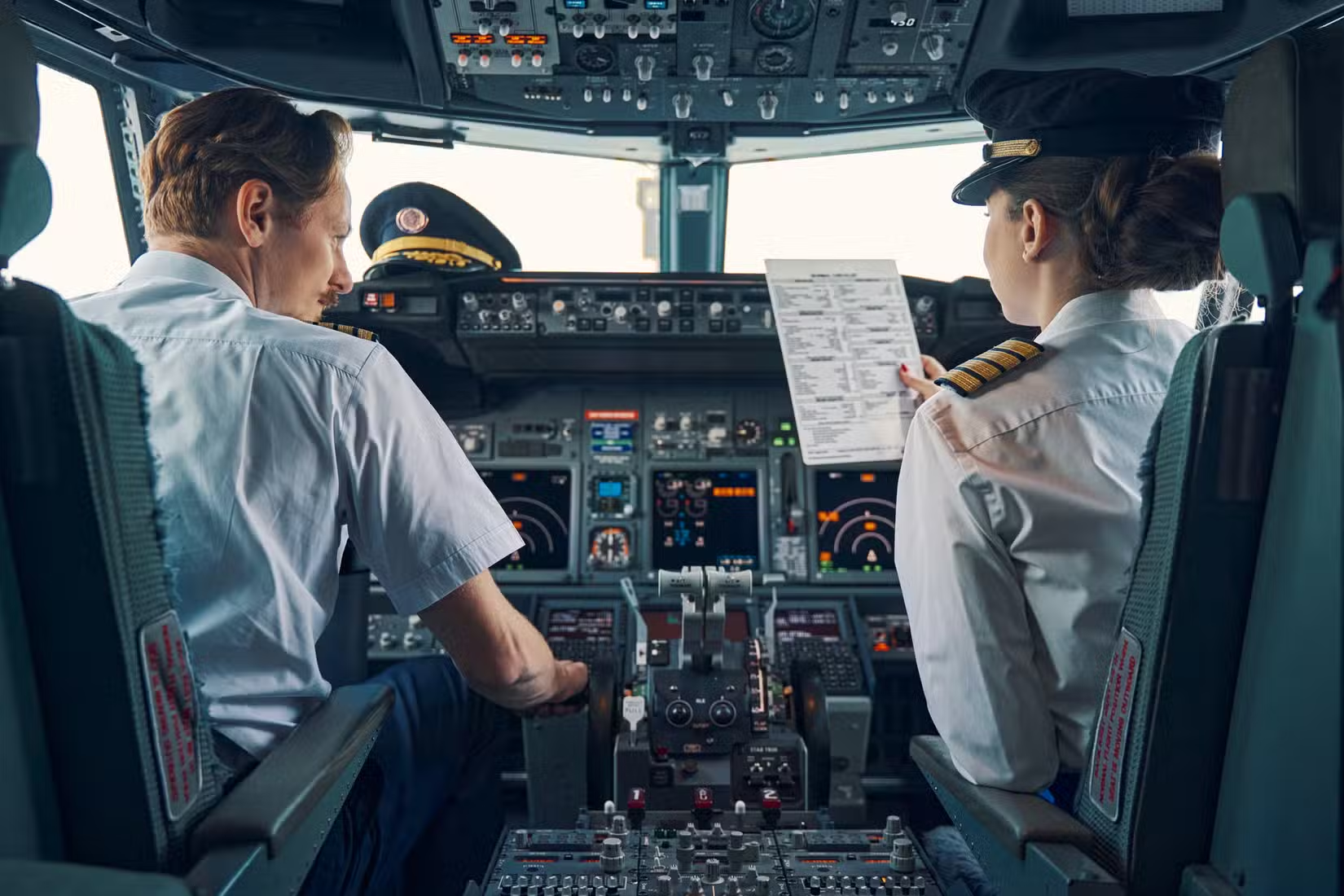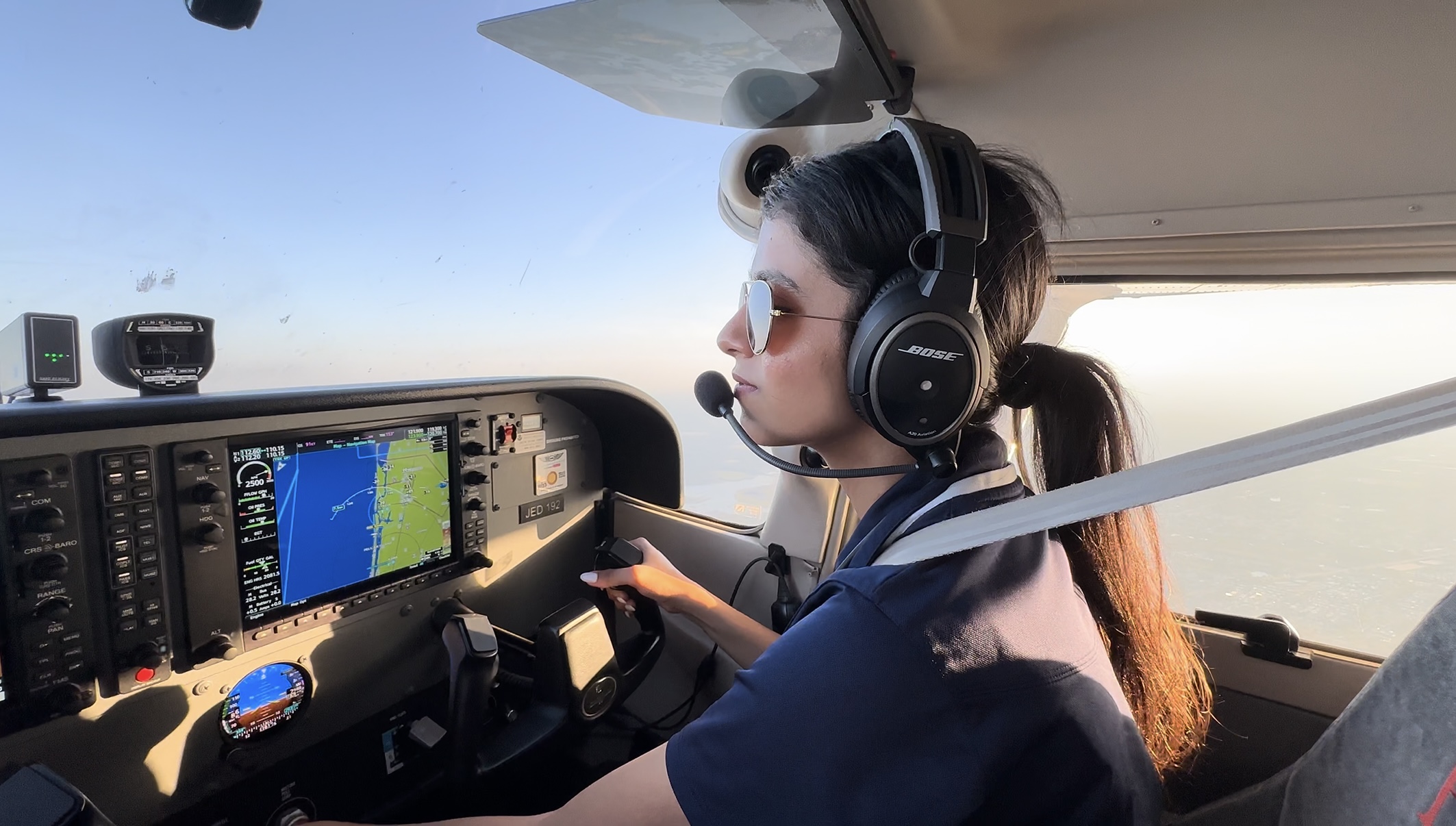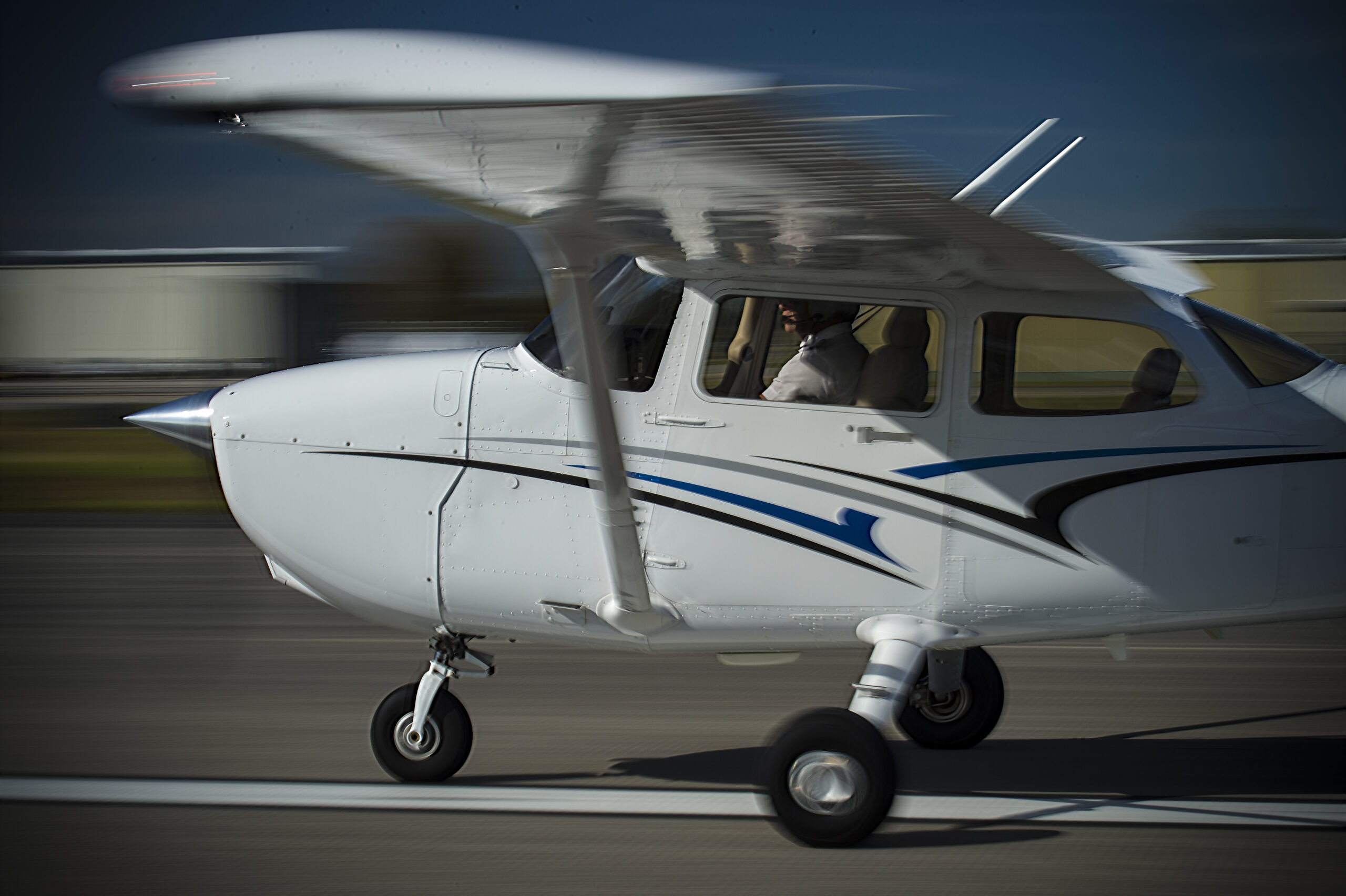Hazardous Attitudes Pilots Should Look Out For
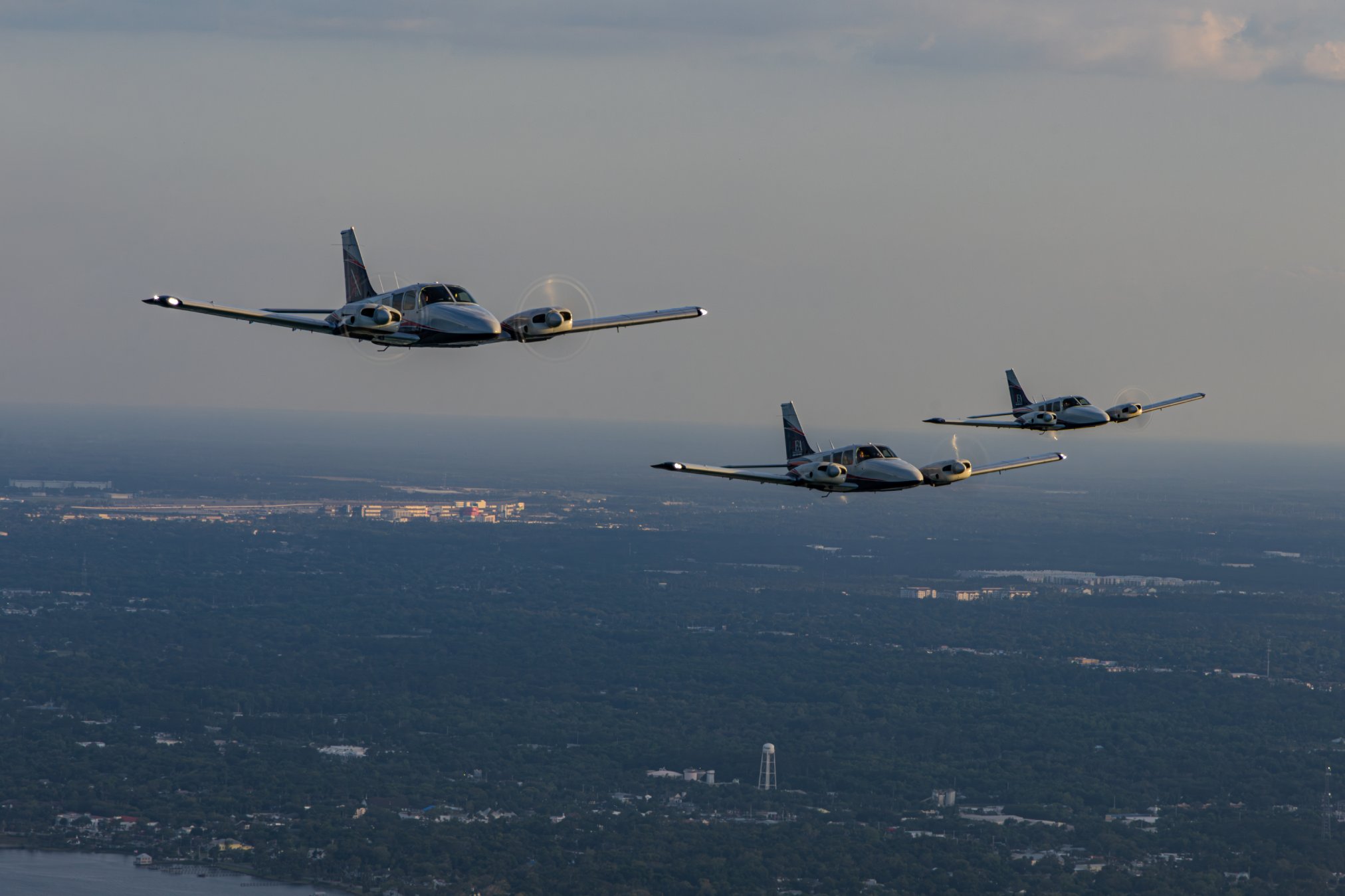 Aeronautical decision making (ADM) is defined as the process by which pilots determine what actions are best suited to their specific circumstances based on their current situation. According to the Federal Aviation Administration (FAA), a pilot’s attitude tends to influence their decision making, and there are five common categories of hazardous attitudes that pilots can fall into. These attitudes can potentially increase a pilot’s likelihood for safety risks and accidents, so they should be alleviated or mitigated as much as possible. Pilots can make note of these pitfalls and adjust their outlooks or actions accordingly to avoid them.
Aeronautical decision making (ADM) is defined as the process by which pilots determine what actions are best suited to their specific circumstances based on their current situation. According to the Federal Aviation Administration (FAA), a pilot’s attitude tends to influence their decision making, and there are five common categories of hazardous attitudes that pilots can fall into. These attitudes can potentially increase a pilot’s likelihood for safety risks and accidents, so they should be alleviated or mitigated as much as possible. Pilots can make note of these pitfalls and adjust their outlooks or actions accordingly to avoid them.
Anti-Authority
The FAA states that pilots have “final authority as to the safe operation of [an] aircraft,” however, this comes with a catch. Pilots must relinquish some level of control to figures of authority, and it is important to understand when to do so should a pilot start to become too self-reliant.
For example, Air Traffic Control (ATC), which is one of the most prominent figures of authority, plays a crucial role in ensuring that each flight is safe and on the proper course. Pilots are responsible for acknowledging, clarifying, and following directions sent from controllers. On the other hand, pilots may have more authority than ATC in the event that safety alerts become unavailable and a pilot must make a choice as to how to navigate a hazard without guidance. It is up to the pilot to make proper judgement in similar scenarios while keeping in mind that they aren’t the “sole-authority.”
Avoiding an anti-authority mindset applies especially to student pilots, since learning to listen to and cooperate with flight instructors is paramount to flight training. A student that upholds an anti-authority attitude will find it increasingly difficult to establish a working relationship with their flight instructor, which can delay or even prevent obtaining a pilot’s license.
Impulsivity
Rapidly acting without thinking or planning ahead, otherwise known as impulsivity, is another mindset that can be a detriment to pilots, oftentimes leading into negative consequences. It is never a good idea to act on impulses, which is why pilots must go through a rigorous pre-flight process and maintain open communication with ATC to ensure that there is no need for unnecessary quick-thinking. As outlined by the FAA, this includes “gathering all information vital to the nature of the flight, assessing whether the flight would be safe, and then filing a flight plan.”
While some pilots may be eager to fly as soon as possible, carelessly rushing into a flight or being sloppy can lead to harsh consequences, such as skipping a pre-flight check and running low on fuel mid-flight or failing to check the meteorological conditions and unknowingly flying into inclement weather.
Some pilots may find themselves in a scenario where they have completed a thorough pre-flight check and plan yet still run into a safety emergency that was unaccounted for. Pilots may be tempted to act quickly yet must use their best judgement to determine if an unplanned action is necessary or if there is enough time to either contact ATC or think things through carefully.
Invulnerability
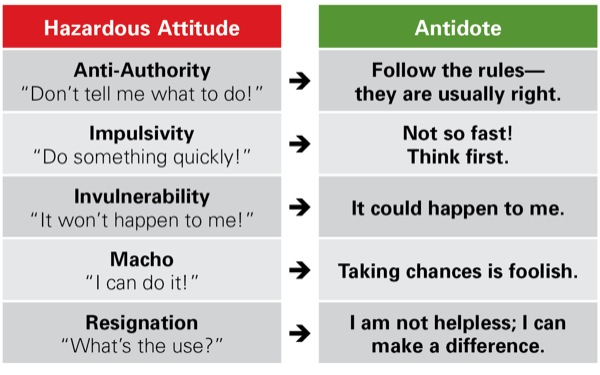 The FAA describes invulnerability as the tendency for individuals to believe that accidents will not happen to them. This outlook may be tempting since no pilot wants to consider the possibility of facing a dangerous situation when flying, but pilots must keep in mind that accidents do happen and that they are accepting some level of risk each time they take off.
The FAA describes invulnerability as the tendency for individuals to believe that accidents will not happen to them. This outlook may be tempting since no pilot wants to consider the possibility of facing a dangerous situation when flying, but pilots must keep in mind that accidents do happen and that they are accepting some level of risk each time they take off.
This is yet another reason why it is important that pilots conduct a thorough pre-flight check and plan ahead of time, so that there is less of a likelihood that accidents occur. However, by preparing for the worst and hoping for the best, pilots can realistically manage their expectations instead of adopting the mentality that it is unlikely that they will run into challenges.
Macho
Macho pilots tend to overestimate their own abilities and believe that they have to prove themselves to others to feel like they are better than everyone else. A macho pilot may be more prone to taking risks due to being overly confident, opting to show off their skills rather than following proper safety protocols.
Generally, these individuals are compensating for feelings of inferiority by trying to make themselves out to be better than they actually are. In reality, all pilots have strengths and weaknesses, and while another pilot may possess a higher degree of technical skills than another, there is no shame in striving for improvement with each flight.
Resignation
The last of the five hazardous attitudes, resignation, stems from feelings of helplessness. Pilots with resignation attitudes start to feel like luck and external factors have more of an influence on a successful flight than they do. Student pilots may be more prone to this mindset than more experienced pilots, however, with proper training and practice over time, students can overcome their initial doubts.
Ultimately, it is up to each pilot to determine where their weaknesses lie and whether they identify with some of the characteristics of one or more of the five hazardous attitudes and respond accordingly. Attitudes play an important role in decision making, and pilots can minimize adverse outcomes by adopting a positive outlook.
Interested in learning more information in regards to Phoenix East Aviation and their flight training programs? Contact info2@pea.com to get in touch with their Admissions Department.


